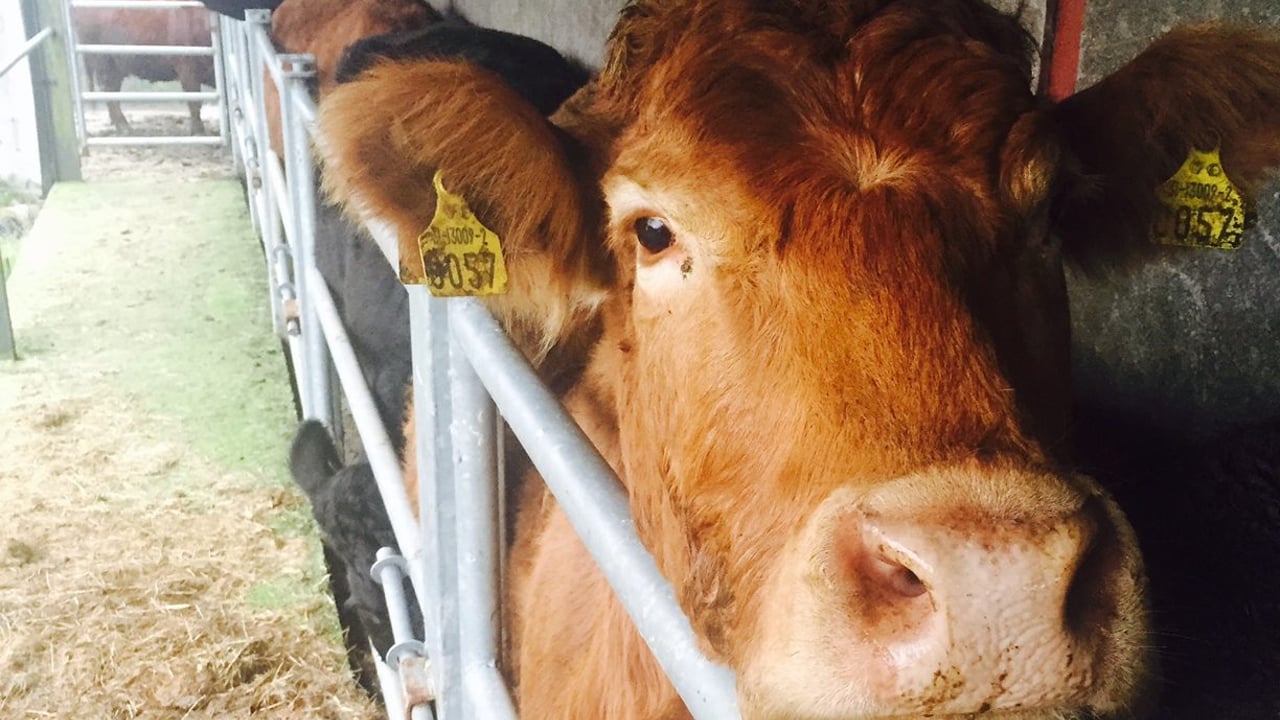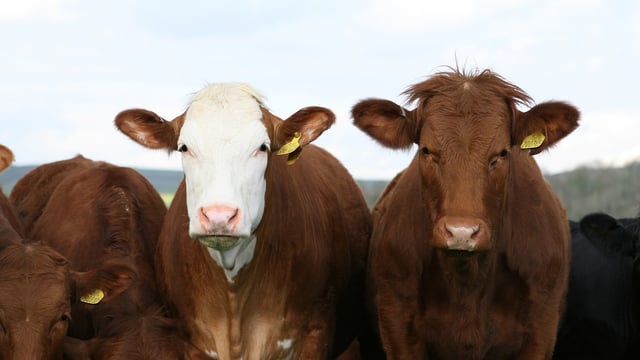ICSA urges 'rethink' on antiparasitic prescription rules
The Irish Cattle and Sheep Farmers' Association (ICSA) has urged Minister for Agriculture, Food and the Marine Martin Heydon to rethink proposed prescription rules for antiparasitic medicines.
ICSA Animal Health and Welfare Committee chair John Barron has said the delay in introducing prescription-only rules for antiparasitic medicines until December 1, 2025 must not be wasted.
On Monday (July 21), Minister Heydon announced a further and “definitive” extension to the transition period for the up-regulation of antiparasitics to prescription-only medicines (POM).
The previous implementation date was September 1, which itself was an extended date.
The minister said this adjustment represents his “continued support for stakeholders” in completing the transition to digital prescribing through the National Veterinary Prescription System (NVPS), and ensuring alignment across the prescribing and supply chain network.
The ICSA Animal Health and Welfare Committee chair is calling on Minister Heydon to use the extra time to "completely rethink how the regulation is being rolled out".
“Tweaking the timeline isn’t enough - the whole approach needs a serious rethink,” John Barron said.
Under the planned rules, routine antiparasitic treatments like wormers and fluke doses will require a vet prescription, issued through the new National Veterinary Prescription System (NVPS).
Farmers will no longer be able to buy these products over the counter from their local co-op or licensed merchant without first going through a vet.
“The current plan is too centralised and doesn’t reflect how farming actually works," Barron said.
"We fully support the responsible use of veterinary medicines - that’s not the issue. But it has to be done in a way that actually works for farmers, keeps costs down, and protects local supply channels.
"This is about farmers being able to get essential animal treatments when they need them. If these changes go ahead as planned, farmers will face delays and higher costs.
"On top of that, many licensed merchants and co-ops who have responsibly supplied these products for decades could be forced out of business entirely - which would be a travesty."
The ICSA committee chair said DAFM should "properly engage with all stakeholders - not just vets - and come back with a solution that works in practice, not just on paper".
“This is a chance to get it right. That means keeping licensed merchants in the supply chain and finding a system that actually works for everyone.
"This can’t just be a delay to push through the same flawed plan. The minister must listen and go back to the table. We need a system that works for farmers, vets, and merchants alike," Barron said.





